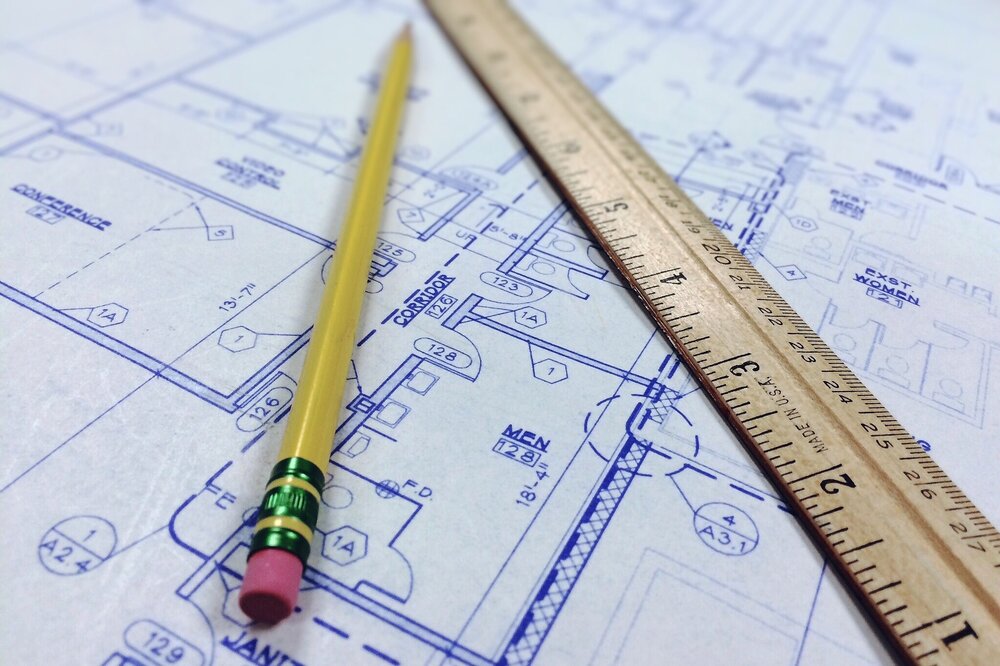A few days ago, I had an interesting conversation with a colleague. She is building a workshop on how to be better at keeping commitments, and we were brainstorming ideas. I shared my belief that most people want to please their boss, meet deadlines, and produce high-quality work.
So why do we find ourselves desperate for more time to complete an assignment, feeling overwhelmed, and sometimes unable to meet the deadlines to which we agreed?

THE KEY IS BETTER, MORE FLEXIBLE PLANNING
Planning is most effective when done daily. Each evening, before you finish working for the day, spend ten minutes doing the following:
REVIEW:
- Look at your To-Do list. What did you complete, and what do you still need to do?
- Your To-Do list should include a section for work and a section for personal tasks.
- If you’re looking for a great app, I use (and love) ToDoist.
PRIORITIZE:
- Assess and prioritize each task (low-medium-high, 1-2-3, yellow-orange-red…whatever system works for you).
- What needs to get done immediately?
- What big projects do you need to start on?
- Instead of procrastinating on significant assignments, break them into small, more doable tasks and get started!
ESTIMATE:
For each item on your To-Do list, estimate how long you think it will take to complete. Nobel Prize winner Daniel Kahneman’s research on the planning fallacy informs us that we tend to underestimate how long things take. Include some extra time to account for this bias.
At first, your estimations might be off; over time, you will become more accurate, especially on repeating tasks.
DEGREE OF DIFFICULTY:
It is helpful to rank the degree of difficulty for each task.
HOW SHOULD YOU PLAN?

This is where it all comes together!
- Each evening, look at what needs to get done (each task should have an estimated time assigned to it and possibly a degree of difficulty.)
- Take out your calendar and be sure to schedule your ‘fixed’ variables (work hours, regular meetings, etc.)
- Include your personal ‘fixed’ items (an exercise class, dinner with the family each night, etc.)
- Look at your list of tasks and decide what needs to get done immediately.
- Consider the times during the day when you are most alert and attentive.
- Schedule your more challenging tasks during these times.
- Allow for regular breaks.
- The Pomodoro method suggests 25 minutes of concentration followed by a five-minutebreak. You can use this as a guide or adjust it to your optimal working time.
WHY SHOULD YOU PLAN?
Your calendar will serve as your road map each day. Scheduling a specific time to get tasks done will enable you to get your work done more efficiently, and you should find that there is also time to do things you enjoy (dinner with friends, exercise, movies, etc.)
Blocking out time in your calendar for the personal things you enjoy will protect that time, so work does not creep in. Following a system like this helps you sleep better at night, knowing what to expect the following day.
Even with a plan, we often wake up to crises that need us to change our plans. Having a plan in place makes you more resilient and flexible in addressing surprises and handling stressful situations.
PLANNING AND COMMITMENTS
When you develop a daily planning habit, you create a clearer picture of how much time you have to complete work. Your estimations become more accurate, and you develop better perspective.
When a new opportunity comes your way, rather than jumping into “yes,” you can thoughtfully assess where this project fits in relative to your overall workload. Try not to commit to deadlines in a vacuum. Instead, consider any new assignment in the context of the entirety of your obligations.
NOTE
Be aware of your tasks that fall on the critical path of a colleague. You do not want to hold up someone else’s work by not completing your work on time.

PRO-TIP
Build in extra time for the unforeseen crises that arise (fires to put out) and unexpected urgent projects that rob you of time. Expecting the unexpected will make your planning more accurate and allow you to under-promise and over-deliver.


